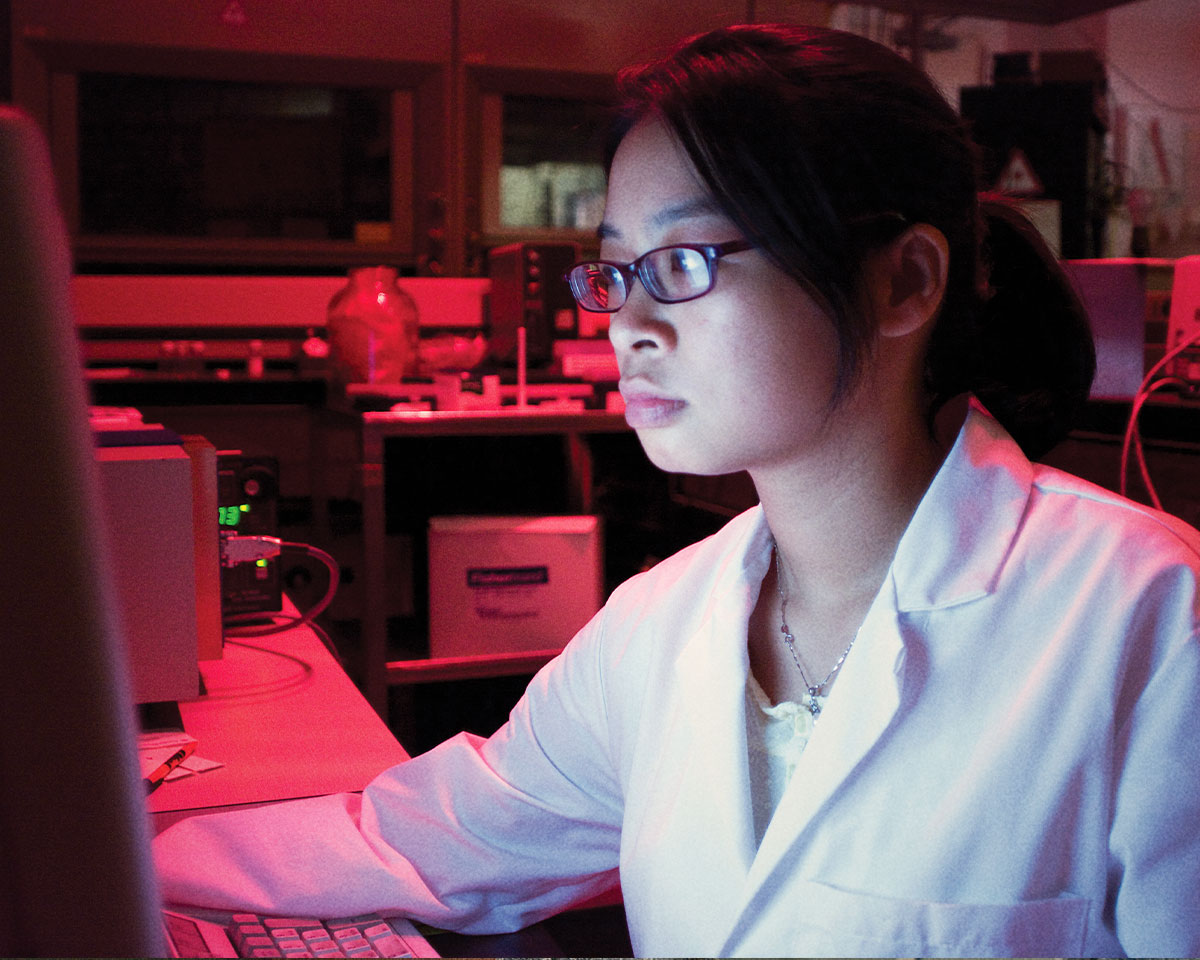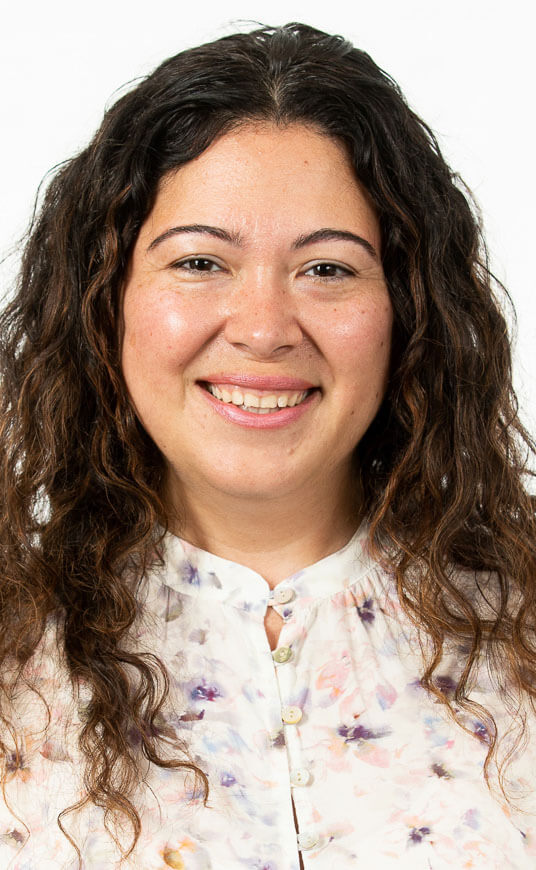Chemistry, Minor
School of Natural and Behavioral Sciences
Program Overview
With a minor in chemistry, you get to consider the nature of matter and its transformation and interaction with energy. Your course work will place you at the forefront of scientific and medical research in industry, government, and academia. Upon graduation, you’ll be prepared for work in a variety of industries, from government labs responsible for testing food, air, and water quality to private industries seeking new sources of energy.

Minor Details
The program information listed here reflects the approved curriculum for the 2024–25 academic year per the Brooklyn College Bulletin. Bulletins from past academic years can be found here.
Minor Requirements (12 Credits)
A program of 12 credits of advanced electives in chemistry each completed with a grade of C- or higher. Each course must be completed at Brooklyn College and must have three or more credits. The two-credit organic chemistry laboratory courses (Chemistry and Biochemistry 3512 / 3522) may be applied in conjunction with their corresponding lecture courses (Chemistry and Biochemistry 3511 / 3521).
Contact
Laura Juszcak, Program Coordinator
3119 Ingersoll Hall
E: ljuzak@brooklyn.cuny.edu
P: 718.951.5000 ext. 1426
The Support You’ll Find
Brooklyn College is an integral part of the cultural and artistic energy of New York City. Our faculty members in the Department of Chemistry and Biochemistry offer incomparable expertise and tremendous talent, and each brings a unique perspective to their teaching and mentoring in and out of the classroom.

